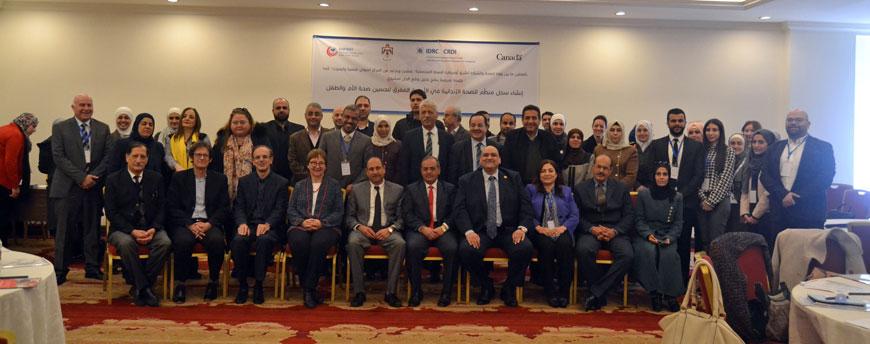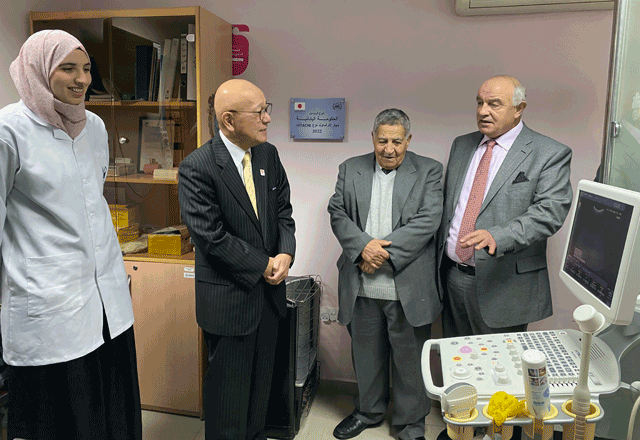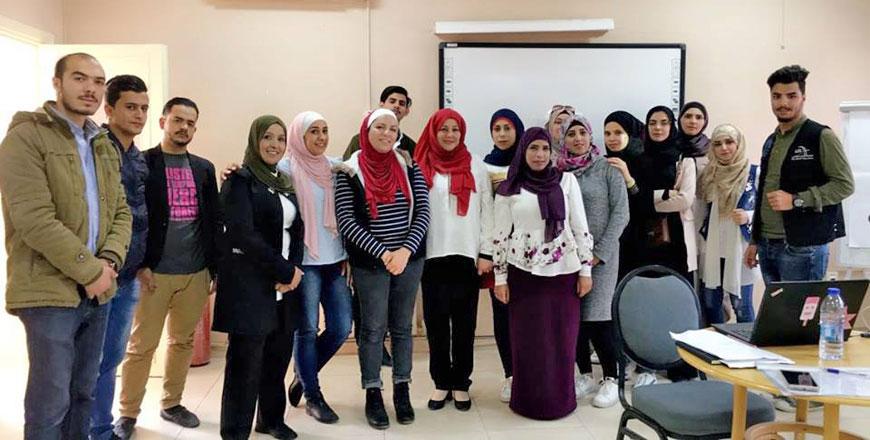You are here
Project to offer family planning services to vulnerable communities
By JT - Nov 24,2019 - Last updated at Nov 24,2019
AMMAN — The Eastern Mediterranean Public Health Network (EMPHNET) was recently awarded a three-year grant to encourage the adoption of quality family planning services among vulnerable host communities and Syrian refugees living in Lebanon and Jordan.
According to an EMPHNET statement, the award was granted by the International Development Research Centre-Canada.
The project aims to develop and evaluate the feasibility and preliminary effectiveness of an intervention aimed to encourage the use of contraceptives through couples’ counseling and the use of digital technologies. By promoting evidence-based family planning practices and birth control, the project “hopes to contribute to the improvement of fragile health systems”, already burdened by a major influx of refugees, the statement said.
Family planning is considered an “important expression” of the basic human rights to freely choose to become a parent and to determine the number or spacing of children. Advocated by the World Health Organisation and the United Nations Population Fund, family planning is achieved by using appropriate and culturally accepted contraceptive methods, according to the statement.
The statement highlighted that family planning is associated with several health and societal benefits, adding that, in spite of these benefits, 214 million women of reproductive age in developing countries, who want to avoid or delay pregnancy do not use contraceptive methods. Humanitarian crises and protracted conflict situations limit the access to adequate family planning and reproductive health services.
In countries such as Jordan and Lebanon, where healthcare systems have had to sustain the influx of large numbers of Syrian refugees, “accessing family planning and health services is difficult”, the statement said.
“The unmet need for family planning is a major barrier to the development and empowerment of vulnerable segments of the local population [citizens below the poverty line and Syrian refugees]. There is a need to empower these populations and involve them in the development of culturally sensitive interventions, considering the different gender sensitivities in the family planning decision-making process,” the statement said.
It also stressed the need to develop “novel and low-cost solutions” to promote the utilisation of family planning services “at no extra costs for clients and the healthcare system”.
The project is based on partnership and interdisciplinary collaboration between three institutions, based in Lebanon (American University of Beirut) and Jordan (Jordan University of Science and Technology and EMPHNET), according to the statement.
EMPHNET will manage the project and play a “central role” in coordinating the work of the research teams between the three entities.
Related Articles
AMMAN — While sexual and reproductive health (SRH) awareness is highly needed, SRH information systems in the Kingdom continue to be inadequ
AMMAN — Japan on Monday donated medical equipment for maternal and child health to the Jordanian Association for Family Planning and Protect
AMMAN — The Jordanian Hashemite Fund for Human Development (JOHUD) has partnered with Harvard’s T.H.














